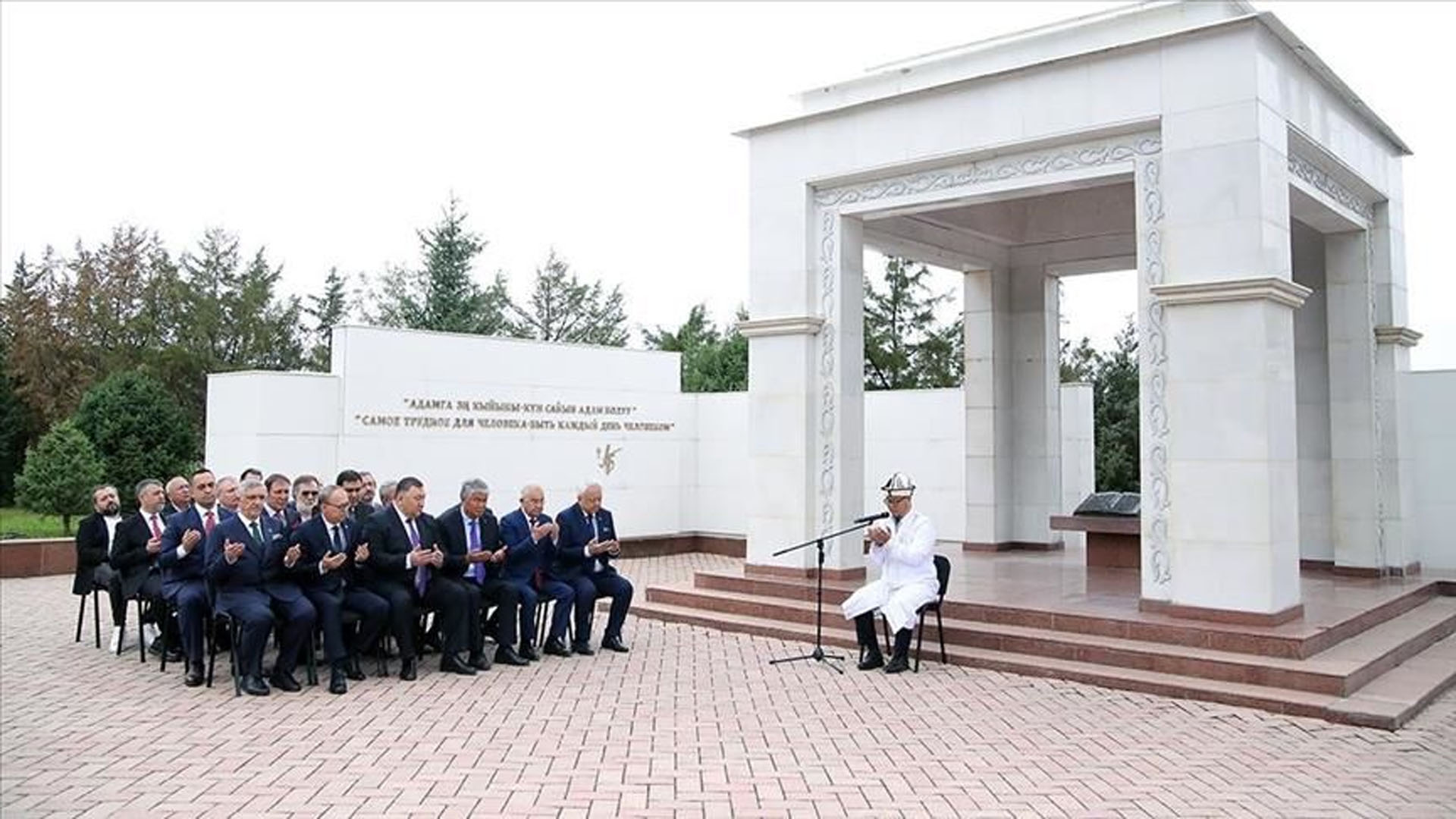
Seventeen years have passed since Aitmatov passed away; the writer who turned “Manqurt” into an identity warning
Seventeen years have passed since the silence of the writer who made “manqurt” not just a word, but an identity warning. Chingiz Aitmatov, the wake-up call of Turkic culture, is still alive.
Today marks the 17th anniversary of the death of Chingiz Aitmatov, a prominent Kyrgyz writer and one of the enduring figures of Turkic world literature.
Born in 1928 in the village of Shakar in Kyrgyzstan, Aitmatov spent a large part of his childhood listening to epic stories from his grandmother.
His personal life, especially the execution of his father during the Stalin era, had a profound impact on the social and humanistic outlook of his works.
He began his career as a teacher, but with the publication of his first story in the 1950s, he became one of the leading voices of Soviet and then world literature. The novel “Dzhamila”, translated into French by Louis Aragon, brought Aitmatov international fame.
In his works, concepts such as historical memory, cultural identity and the suffering of modern man have a prominent place. The term “manqurt” in the novel “Once Upon a Time” became a symbol of cultural alienation and forgetting one’s roots.
In addition to writing, Chingiz Aitmatov was also active in politics and diplomacy, serving as a representative, political advisor and ambassador until the last years of his life.
He died in Germany in 2008 and was buried next to his father in Bishkek according to his will.
His works have been translated into more than a hundred languages and continue to be considered a cultural bridge between Turkic-speaking nations and a global audience.







